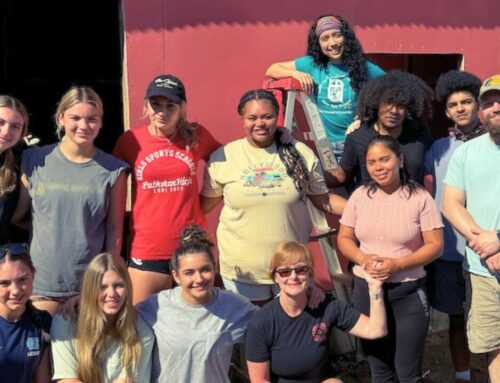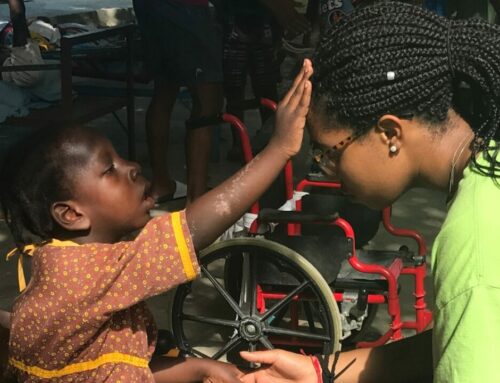Mission trips are wonderful experiences that offer opportunities to serve and to grow in your Christian faith. On a mission trip, you will make memories and form relationships that last a lifetime.
However, there are also some challenges that come from going on a mission trip. One of those challenges is culture shock.
The Importance of Understanding Culture Shock
It is important to have a good understanding of culture shock before you step foot on the mission field. So much will be happening on your mission trip that without proper education and preparation, you may not realize you are experiencing culture shock until long after it’s begun. Even if you yourself don’t experience culture shock on your mission trip, it is still good to be aware of how it works so that you can help those on your mission team who experience culture shock.
Defining Culture Shock
Culture shock is the disorientation and discomfort experienced when encountering unfamiliar customs, behaviors, and norms. It can range from mild frustration to extreme anxiety and can manifest in various ways, including homesickness, irritability, and difficulty communicating.
Culture Shock on Short-Term Mission Trips
Can you experience culture shock on a short-term mission trip? Absolutely. While short-term mission trips offer incredible opportunities for cultural exchange and growth, they also expose volunteers to new and sometimes challenging environments. Whether it’s navigating language barriers, adjusting to local cuisine, or grappling with different social norms, volunteers are likely to experience some degree of culture shock during their time abroad.
How to Notice Yourself or Someone Else Experiencing Culture Shock
Recognizing the signs of culture shock, whether in yourself or others, is crucial for addressing and mitigating its effects. Common indicators include feelings of frustration or irritability, withdrawal from social interactions, excessive criticism of the host culture, homesickness, and physical symptoms like fatigue or headaches. Pay attention to changes in behavior, mood, and physical well-being.
How to Mitigate Culture Shock
If you notice yourself or others experiencing culture shock, do not feel hopeless. There are ways to alleviate the effects of culture shock on your mission trip. One of the best ways to combat culture shock is by communicating with your team. As previously mentioned, a common side effect of culture shock is to pull away and isolate yourself. If you notice yourself or someone else doing this, communicate despite the emotions you feel.
We also recommend praying about and discussing culture shock with your mission team before leaving for your mission trip. Create a game plan together for how you will handle it when it happens. Be proactive in offering support and understanding. Be mindful of cultural cues that may signal discomfort or distress in others, such as reluctance to participate in local activities or difficulty expressing themselves in a new language. By staying attuned to these signs and fostering open communication, you can create a supportive environment where individuals feel empowered to seek help and navigate culture shock together.
Transforming Challenges into Growth
Culture shock is a natural part of the journey when going on a short-term mission trip. By approaching differences with curiosity, humility, and respect, volunteers can turn cultural challenges into opportunities for personal growth and cross-cultural exchange.





